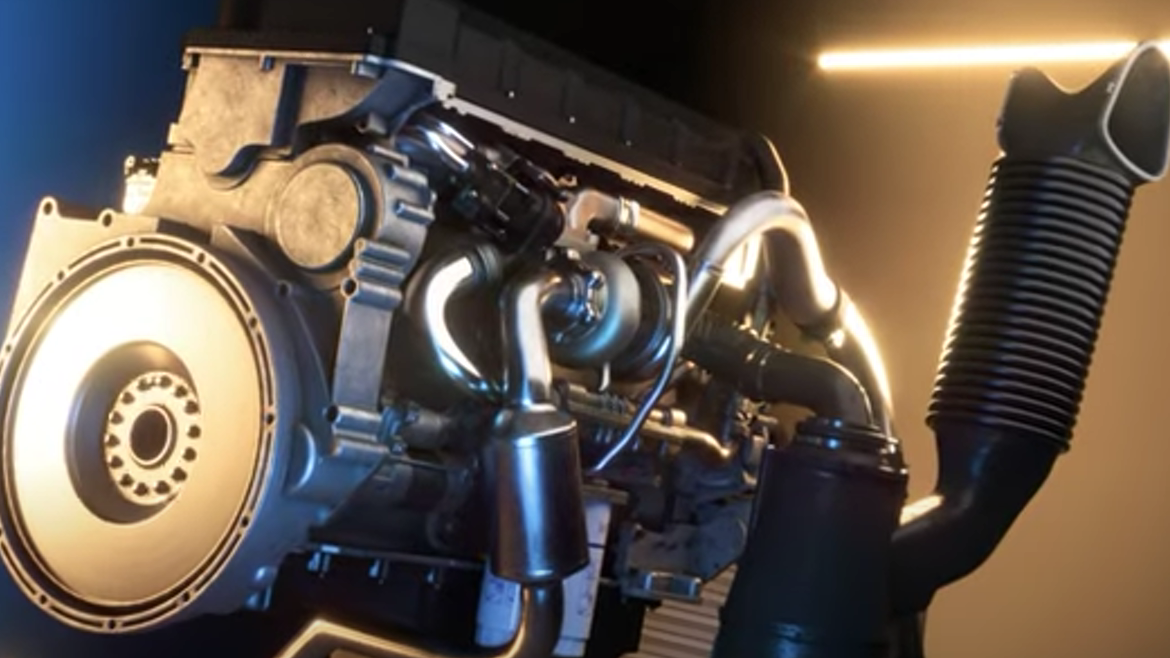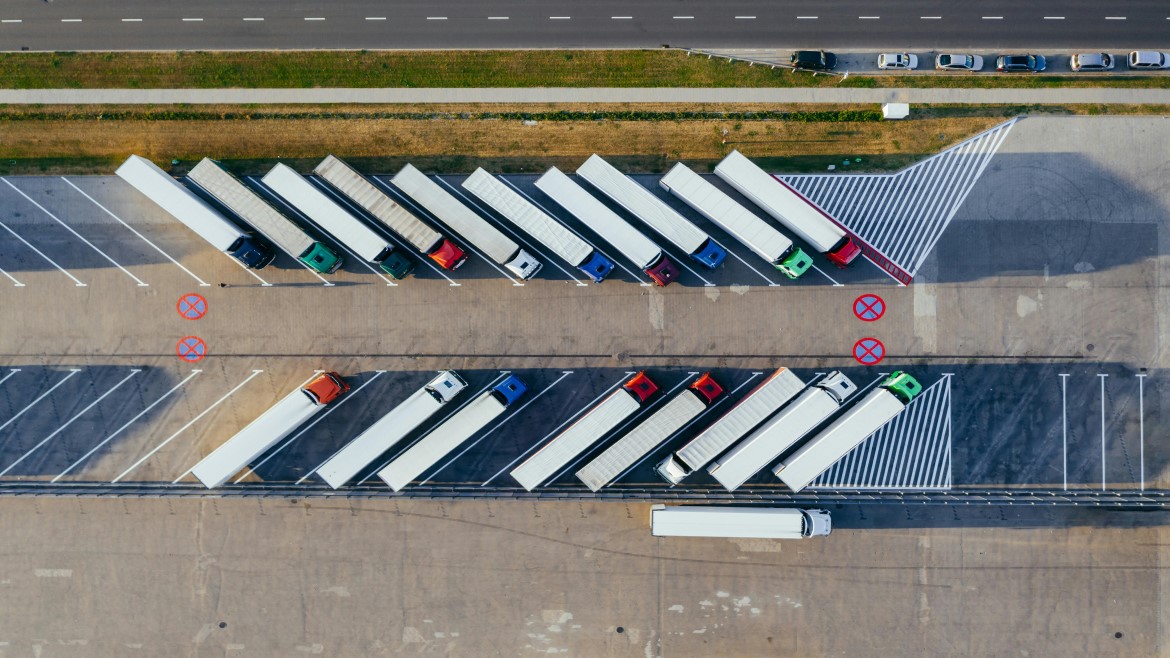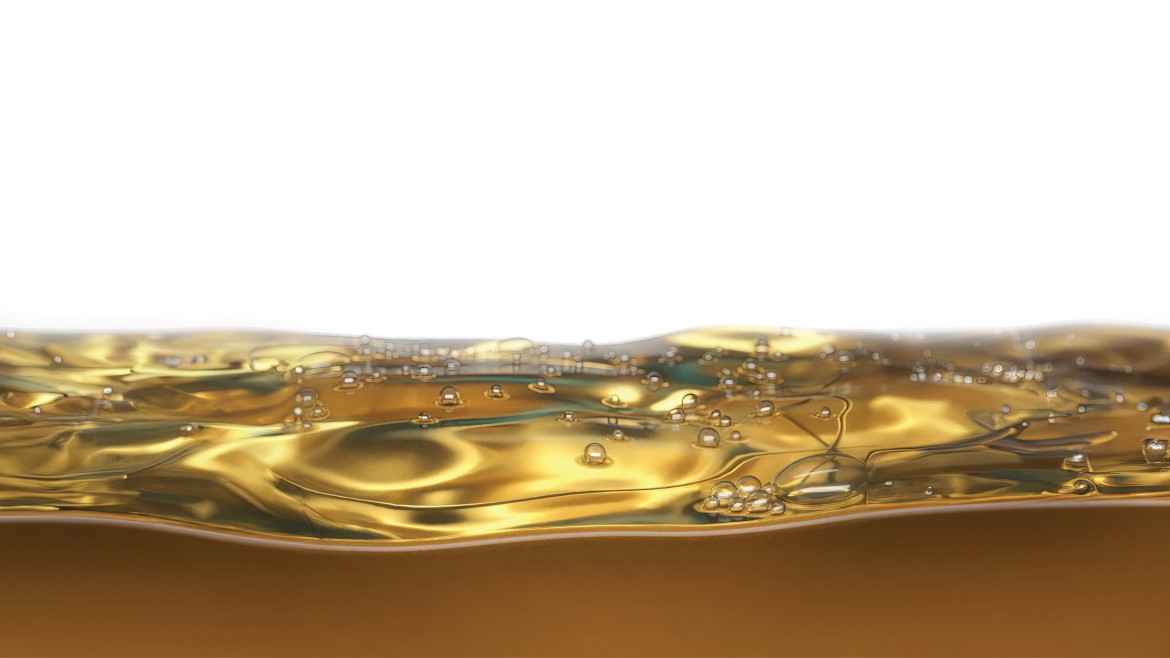Jan 23, 2020
Posted by Tom Curtis, President, Lubrizol Additives
The telltale sign exists at any diesel fueling station in America: A darker, stained patch of concrete just below the fuel pump.
Why? Diesel fuel has the tendency to foam, and it can catch an unprepared diesel pump operator off guard. As the fuel tank fills, foam can build, spilling from the tank before the pump trigger shuts off the flow of fuel. The result is an overflow of foam—sort of like a carbonated beverage that’s been poured too vigorously.
Whether you’re refueling a commercial trucking fleet, or you’re a regular driver who owns a diesel-powered vehicle, foaming tends to be thought of as a simple annoyance. The excess foam spills onto the ground and onto the vehicle. Hopefully it hasn’t been spilled on the operator. But otherwise, not that big of a deal, right?
Not necessarily. It may not seem like much on an individual basis—a few ounces of spillage from a single fill-up. But think about how many times this small amount of fuel waste might be happening to pump operators, every day, throughout the United States. Another implication here is that, after foaming occurs, it takes a bit of time to fully settle, meaning that the fuel tank isn’t completely full after a fill-up. For fleet operators, with dozens of trucks on the road, this can add up quickly. Trucks get fewer miles on the road between refueling, leading to unnecessary collective downtime for the entire fleet and adding up to higher costs over the long term. And it’s something that commercial trucking professionals might not realize is happening.
Additive technology exists today to combat foaming and a wide variety of other issues and that can eat into the bottom line of fleet operators around the world. And at Lubrizol, we’re strong believers in the value of high-performance fuels and fluids, delivering better performance for operators and contributing to broader societal goals. Fuel additive technology that reduces diesel foaming can do both: boosting a fleet operator’s bottom line, while simultaneously eliminating fuel waste that’s been spilled at the pump.
Beyond anti-foam, available advanced detergents can help diesel engines operate more cleanly, efficiently and reliably over the long term. Additives keep vehicles on the road for longer, helping them serve longer and more useful lives—an important component of comprehensive sustainability. But the fact that this type of technology exists, but isn’t widely utilized in the American diesel space, speaks to a larger issue at play. Widespread diesel quality in the United States lags significantly behind other countries, and there is opportunity to improve. Additive-enhanced diesel fuel is the right choice for fleet owners and operators of diesel-powered engines, but as of today, hasn’t reached significant market penetration.
Why? In part, it’s simply because of a lack of demand. For fleet operators, understanding the benefits and the impact they can have is important—and they have the power to move the needle by demanding a higher-quality product that their business depends on. For original equipment manufacturers (OEMs), there is significant opportunity to better protect engines and boost on-road performance by advocating for the proliferation of higher-performance fuels. And for fuel marketers, there is opportunity to seize greater value in the marketplace from delivering higher-performing products that deliver better benefits to fleet operators.
Engines continue to advance, and high-performance fuel and fluids will only become more important to ensure that those engines perform to the levels at which they’re capable. All stakeholders play a role advocating for higher performance, and taking advantage of new, available technology wherever possible.
Our View
Lubrizol is committed to elevating available fuels and fluids with the right technology to deliver true end-use benefits. Foaming is just a symptom of the diesel quality issues that are happening in the American diesel market, and solutions for these issues are available. There is significant opportunity to deliver higher-value, higher-performing fuels and fluids throughout the marketplace, especially within the heavy-duty diesel segment. It requires advocacy, education and connection with the users who will feel the benefits the most, in order to create greater demand for these technologies.
At Lubrizol, we’re dedicated to enhancing the positive impact our products can have on the planet and in people’s everyday lives. That includes the ongoing research, investigation and development of new technologies that can contribute to sustainability—and ensuring those products are used where they’re most applicable.
For more information on fuel additives, contact your Lubrizol representative.









